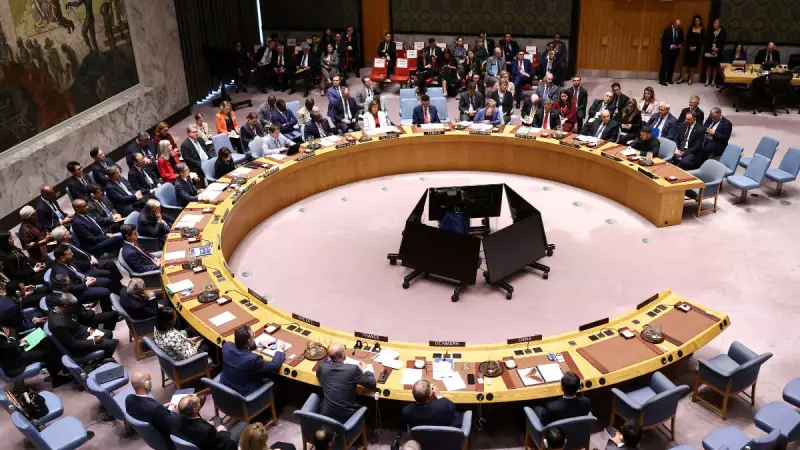
India's longstanding pursuit of a permanent seat at the United Nations Security Council is gaining unprecedented momentum as we approach 2025, with a growing coalition of nations throwing their weight behind New Delhi's candidacy. This development represents a significant shift in global power dynamics and could reshape international diplomacy for decades to come.
Why India's UNSC Bid Matters Now More Than Ever
The campaign for United Nations reform has intensified in recent years, with India positioned as a frontrunner for permanent membership. As the world's largest democracy and fifth-largest economy, India brings substantial geopolitical heft to the table. The country's consistent contributions to UN peacekeeping missions and its growing economic influence make a compelling case for structural changes in the global security architecture.
Global Support Network Expands
Several key nations have publicly endorsed India's candidacy, creating a formidable support base. The United States, under multiple administrations, has consistently backed India's claim, recognizing its strategic importance in maintaining Indo-Pacific stability. Other permanent members, including the United Kingdom and France, have also expressed support for India's inclusion.
The G4 nations—India, Brazil, Germany, and Japan—continue to coordinate their efforts for Security Council reform, presenting a united front for expansion. Meanwhile, several African and Asian nations have thrown their support behind India, acknowledging its growing role as a voice for the Global South.
Challenges and Opposition
Despite widespread support, significant hurdles remain. The UN reform process requires approval from two-thirds of the General Assembly, including all five current permanent members. China's cautious stance and Pakistan's consistent opposition present diplomatic challenges that New Delhi must navigate carefully.
The complex negotiation process involves balancing various regional interests and addressing concerns about the Council's efficiency and representativeness. Any expansion must account for contemporary global realities rather than reflecting the post-World War II power structure.
What Permanent Membership Would Mean for India
Securing a permanent seat would transform India's role in international affairs, providing:
- Veto power over critical security resolutions
- Enhanced diplomatic leverage in global negotiations
- Greater responsibility in maintaining international peace
- Stronger positioning to address regional security concerns
As the international community grapples with new security challenges, from climate crises to cyber threats, India's perspective as a major developing nation could bring crucial balance to Security Council deliberations.
The Road Ahead
The coming months will be critical for India's diplomatic efforts. With increased engagement through forums like the G20 and growing bilateral partnerships, New Delhi is strategically positioning itself as an indispensable global player. The 2025 timeline represents a crucial window of opportunity for achieving this long-standing foreign policy objective.
As the debate over UN reform intensifies, India's case for permanent membership grows stronger by the day, reflecting the nation's evolving stature in the international arena and the urgent need for global institutions to adapt to 21st-century realities.





